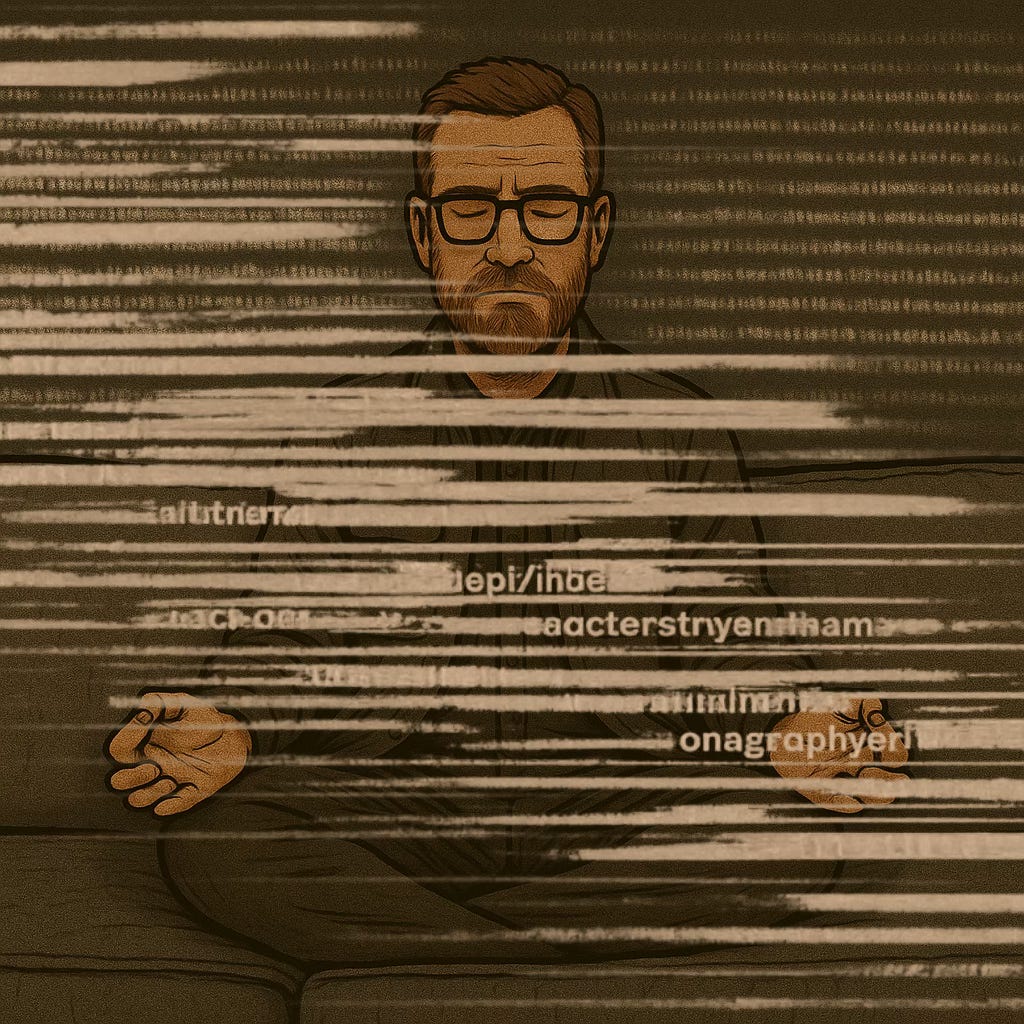I’ve been meditating relatively regularly for over six years now. Whilst I grappled with the relentlessness of my mind initially, I found ways and mantras (of my own) to help. Aside from the added perspective this has helped me to develop, a lot of the learning led me to be much more adept at just noticing my thoughts and the variable shape of my mind.
These thoughts are sometimes positive, sometimes negative, usually inquisitive, invariably testing; for everyone, me included.
Having built this ability to notice, combined with some notable “hacks” I use to enable interruption of these thoughts, means I can make choices about what I think about.
This concept first came to me when I first heard about metacognition on my mindfulness journey years ago. Humans are alone (I think) in being able to think about what we, and others, think about.
A case in point is the existence of this post. I was adrift, as I walked through a local park on my way to town. I was on a time travelling journey into the future and I noticed the fictions my mind was conjuring. I interrupted the fantasy and asked myself: “What do I actually want to think about?”.
This ability to notice the thoughts my mind creates makes it easier for me to ameliorate my concerns as they arise; those that we all have to deal with occasionally. It helps me decide what to think about, and to limit fruitless daydreaming, or in this instance, time travelling: reprocessing past events or conjuring the future. It’s a brilliant prompt to pull me back to now.
Meditation has also helped me to better detect my highly muffled emotions, to feel them launch and to be more intentional about letting them fly, or grounding them.
Much like the previous challenge, the question “Do I want to feel like this?” is useful, whatever the answer. I can’t remember where I first heard this intervention, but it’s a game changer for me.
Meditation has also taught me to recognise the amount of autopilot that exists in my communication with others, and surprisingly, in theirs with me. Soundbites, conversational shorthand phrases, bullshit and inattention. Noticing and interrupting these can help drive better conversations.
Does meditation give me a Zen like inner peace? No, for me that is impossible, even more so since I cheated death, bar fleeting moments of cathartic calm. But meditation does give me the ability to wield control over the one thing in my life I can control: my mind.
This gives me a sense of productivity, purposefulness, and focus. Rather than being buffeted by the dramas arising around me, and in the unenlightened minds of some people I interact with.
Do I still fear and worry? Of course, but only so far, laying down a marker for attention and opportunity. Not rumination.
Rumination is ruination. An utter waste of time.



